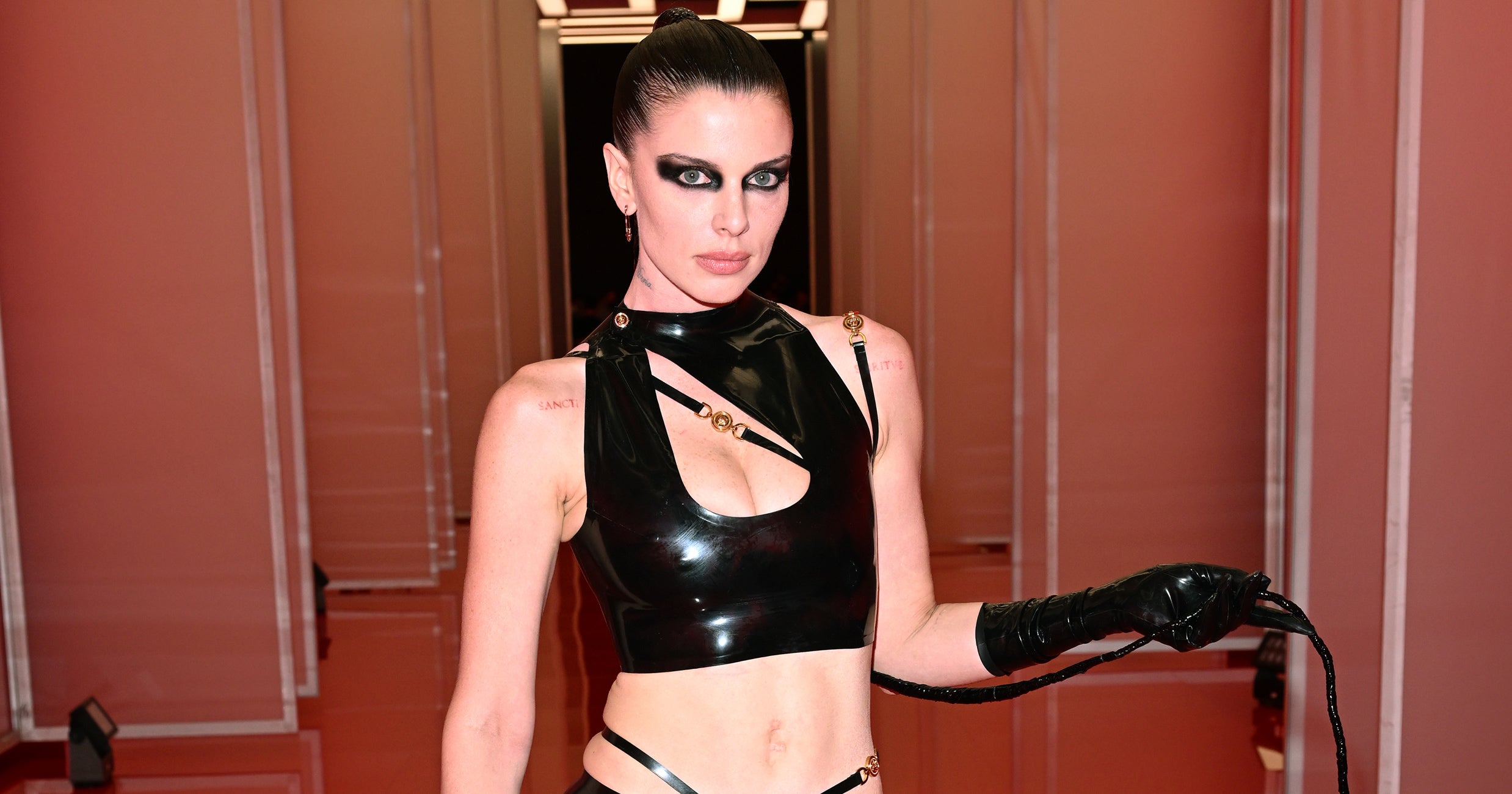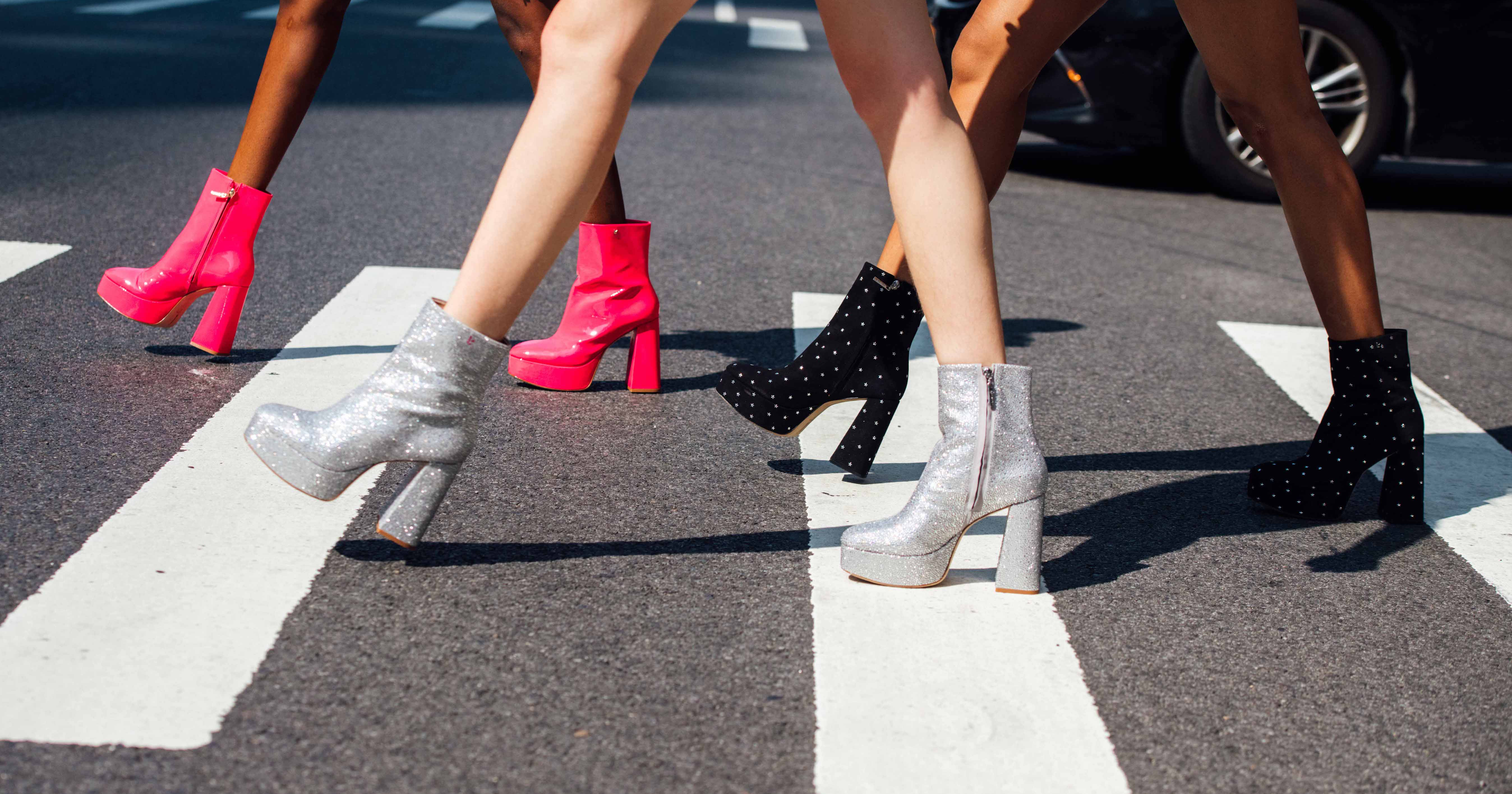The Home Office has announced its drink-spiking laws will be “modernised”.
According to Sky News, the Criminal Justice Bill will be updated to make clear that spiking is illegal. The Offences Against The Person Act 1861 is also set to be amended to reflect these changes. Currently, there is no specific offence to prosecute perpetrators.
Additionally, a “clear” and “unequivocal” definition of spiking is soon to be announced through additional guidance written in Section 182 of the Licensing Act 2003.
Home Secretary James Cleverly said: “The public should be under no illusion – spiking is a serious offence and I urge anyone who suspects they have been a victim of this to contact the police now.”
He continued: “This government has already gone further than ever before to protect the public from harm, and ensuring that women and girls can live their lives free from fear is one of my top priorities as home secretary.”
BBC also reports that other changes to be made include training door staff to identify perpetrators and signs of spiking, funding research into testing kits, and creating an online tool to anonymously report incidents of spiking.
Rape Crisis England & Wales currently defines spiking as putting “alcohol or drugs into another person’s drink or body without their knowledge or consent”.
According to the National Police Chiefs’ Council figures, there were nearly 5,000 cases of needle and drink spiking incidents reported to police in England and Wales from September 2021-22.
The Home Office’s announcement comes amidst calls to make spiking a criminal offense. Last year, an inquiry into drink spiking by the Home Affairs Committee found that “nine in 10 victims did not receive support” after they had their drink spiked.
“The creation of a new spiking criminal offence, currently under consideration by the Government, would help improve the response to incidents and effectiveness of prevention strategies”, the committee stated.
Other measures the government has taken to ensure women’s safety includes an inquiry into misogyny in the music industry. DJ Annie Mac gave evidence to the Women and Equalities Committee, claiming there was a “tidal wave” of undiscovered sexual abuse cases.
“There needs to be some sort of a shift in women feeling like they’re able to speak out without their careers being compromised, [but] I don’t know how that can happen,” she said.
“I feel like there are a lot of revelations that have not been exposed… It’s infuriating, the amount of women who have stories of sexual assault that just kind of buried them and carried them. It’s just unbelievable.”
























































![Social Media Spring Cleaning [Infographic] Social Media Spring Cleaning [Infographic]](https://imgproxy.divecdn.com/9e7sW3TubFHM00yvXe5zvvbhAVriJiGqS8xmVFLPC6s/g:ce/rs:fit:770:435/Z3M6Ly9kaXZlc2l0ZS1zdG9yYWdlL2RpdmVpbWFnZS9zb2NpYWxfc3ByaW5nX2NsZWFuaW5nMi5wbmc=.webp)
![5 Ways to Improve Your LinkedIn Marketing Efforts in 2025 [Infographic] 5 Ways to Improve Your LinkedIn Marketing Efforts in 2025 [Infographic]](https://imgproxy.divecdn.com/Hv-m77iIkXSAtB3IEwA3XAuouMwkZApIeDGDnLy5Yhs/g:ce/rs:fit:770:435/Z3M6Ly9kaXZlc2l0ZS1zdG9yYWdlL2RpdmVpbWFnZS9saW5rZWRpbl9zdHJhdGVneV9pbmZvMi5wbmc=.webp)














